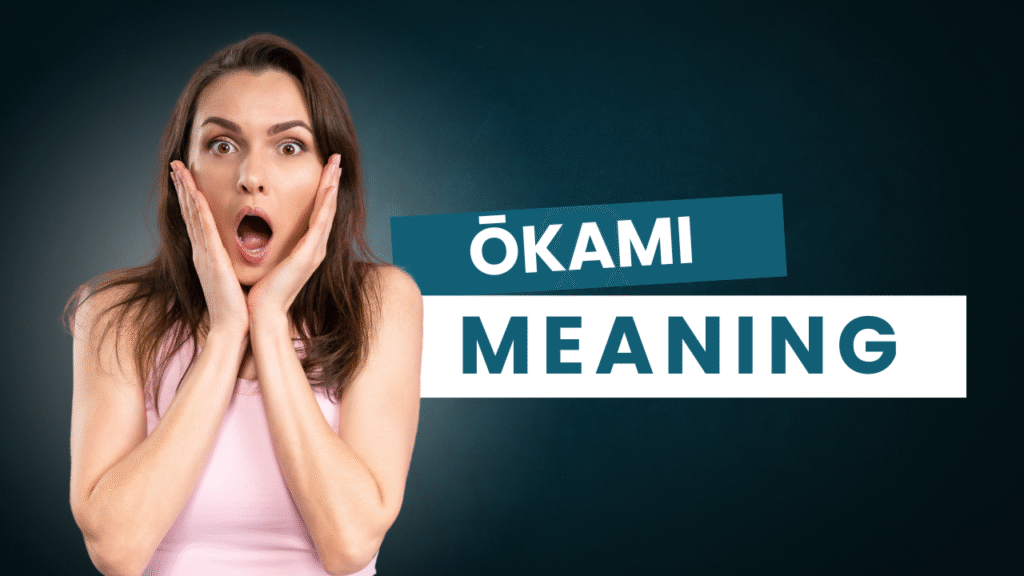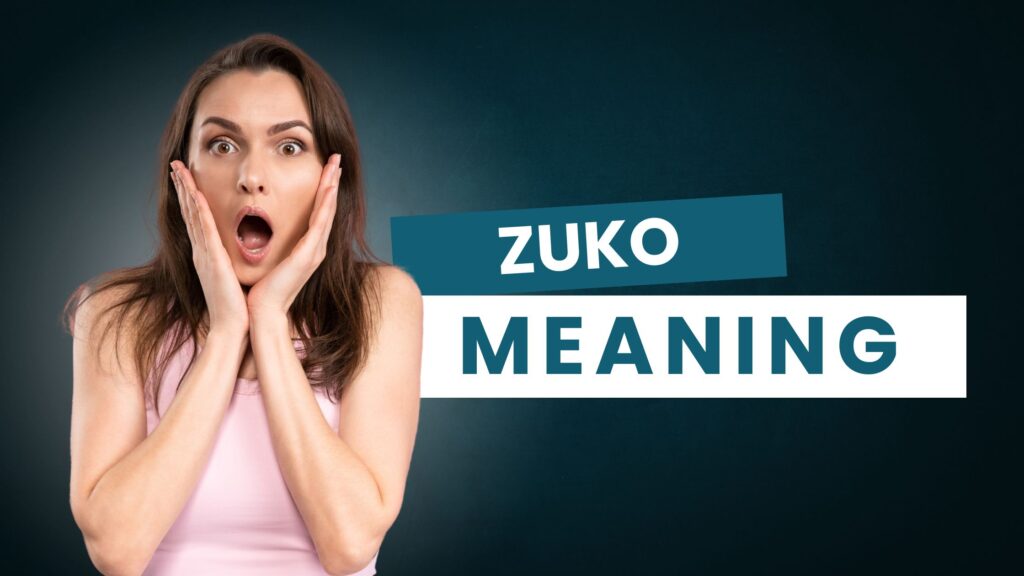The word “maricón” is a term that sparks a lot of emotion and controversy, especially in Spanish-speaking communities. While it might seem like just another slang word, it carries a deep social and cultural weight. Understanding its true meaning, how it’s used, and how it can impact others is essential in today’s global, connected world.
What Does “Maricón” Mean?
“Maricón” is a Spanish slang term that is most commonly used as a homophobic insult, equivalent to calling someone a “f*g” in English. It is highly offensive in most situations and can cause real harm if used carelessly. The word is derived from the Spanish word “marica,” which itself is a derogatory diminutive of “María,” often used to feminize or demean men perceived as weak or effeminate. Read more slang meanings here.
Regional Differences in Use
Depending on the country, the word can have different levels of offensiveness:
Spain: Still offensive but sometimes used among friends jokingly (though risky).
Mexico & Latin America: Often used harshly in a homophobic context.
Argentina: Also considered a slur but may appear in music or movies in less aggressive ways.
Understanding the regional tone is important, but in most cases, it is not a safe word to use.
Internet and Texting Meaning
On the internet, people sometimes use “maricón” in memes, forums, or gaming chats usually still as an insult. In texting, it may appear in Spanish conversations among friends, but context is everything. What’s okay in a tight friend group may still be dangerous or misunderstood in public or professional spaces.
Emotional Weight and Social Risks
The word can trigger strong emotional responses, especially from members of the LGBTQ+ community. It is a term that has been historically used to bully, shame, and attack. That’s why using it casually or for humor is considered inappropriate and insensitive.
Alternative Meanings and Use in Media
Sometimes, people search “maricón meaning” out of curiosity because they heard it in:
TV shows or movies (e.g., Narcos, La Casa de Papel)
Latin trap music
Comedy skits, especially those pushing boundaries
In such cases, it’s often used to portray toxic masculinity or mock effeminate men, but the term is still rooted in prejudice.
Safe and Respectful Alternatives
Instead of using “maricón,” consider more respectful language. Here are non-offensive alternatives if you’re referring to someone’s orientation:
Gay
Homosexual (formal)
Queer (reclaimed in some communities, but still sensitive)
Always speak with kindness and empathy when discussing identity.
Should You Use It?
Short answer: No. Even if it’s used casually in some friend groups, it is not appropriate in public, work, or online unless you are certain it won’t offend someone and that’s a big risk.
Brief (Vertical Column Format)
| Attribute | Value |
| Acronym | N/A |
| Stands For | N/A “Maricón” is a full word in Spanish |
| Brief Description | Spanish slang, highly offensive, used as a homophobic slur |
| Antonym | Respectful, supportive terms like “ally” or “gay person” |
| Synonym | F*g (English equivalent, also offensive) |
| Alternative Possible Meaning | Used in some regional comedy or street slang with varying tone |
| Emotion | Negative, insulting, aggressive |
| Safe for Work | ❌ No |
| Safe for Children | ❌ No |
| Emojis | 😡🚫🏳️🌈 |
| Trending Date | Frequently spikes in media discussions and LGBTQ+ topics |
| Texting Meaning | Still offensive; joking use in private chats (not recommended) |
| Social Media Meaning | Often flagged or removed for violating community standards |
Conclusion
“Maricón” is not just a word it’s a reflection of deeper societal issues like homophobia, toxic masculinity, and discrimination. While language can evolve, it’s important to be aware of the impact words have and choose inclusivity over insult.


